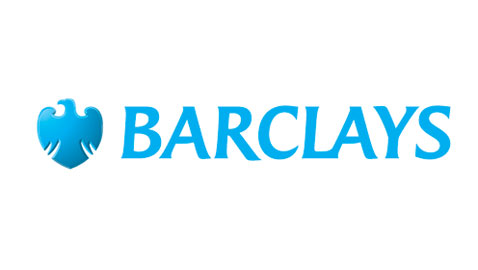Barclays Bank plc has been fined £59.5 million for misconduct relating to the London Interbank Offered Rate (LIBOR) and the Euro Interbank Offered Rate (EURIBOR).
This is the largest fine ever imposed by the FSA.
The regulator said Barclays’ breaches of tits requirements encompassed a number of issues, involved a significant number of employees and occurred over a number of years.
Barclays’ misconduct included making submissions which formed part of the LIBOR and EURIBOR setting process that took into account requests from Barclays’ interest rate derivatives traders. These traders were motivated by profit and sought to benefit Barclays’ trading positions.
The FSA said that Barclays also sought to influence the EURIBOR submissions of other banks contributing to the rate setting process. It also reduced its LIBOR submissions during the financial crisis as a result of senior management’s concerns over negative media comment.
Barclays also failed to have adequate systems and controls in place relating to its LIBOR and EURIBOR submissions processes until June 2010 and failed to review its systems and controls at a number of appropriate points.
The banking giant also failed to deal with issues relating to its LIBOR submissions when these were escalated to Barclays’ Investment Banking compliance function in 2007 and 2008.
“Barclays’ misconduct was serious, widespread and extended over a number of years,” said Tracey McDermott, acting director of enforcement and financial crime at the FSA.
“The integrity of benchmark reference rates such as LIBOR and EURIBOR is of fundamental importance to both UK and international financial markets. Firms making submissions must not use those submissions as tools to promote their own interests.
“Making submissions to try to benefit trading positions is wholly unacceptable. This was possible because Barclays failed to ensure it had proper controls in place. Barclays’ behaviour threatened the integrity of the rates with the risk of serious harm to other market participants.”
The FSA said that it continues to pursue a number of other significant cross-border investigations in this area.
Barclays qualified for a 30% discount under the FSA’s settlement discount scheme. Without the discount the fine would have been £85 million.
This was a cross-border investigation and included the U.S. Commodity Futures Trading Commission (CFTC), the U.S. Department of Justice (DoJ) (together with the Federal Bureau of Investigation (FBI)) and the Securities and Exchange Commission (SEC) for their co-operation.
The CFTC brought attempted manipulation and false reporting charges against Barclays for similar failings, which the bank agreed to settle. The CFTC imposed a penalty of US$200 million. In addition, as part of an agreement with the DOJ, Barclays admitted to its misconduct and agreed to pay a penalty of US$160 million.
